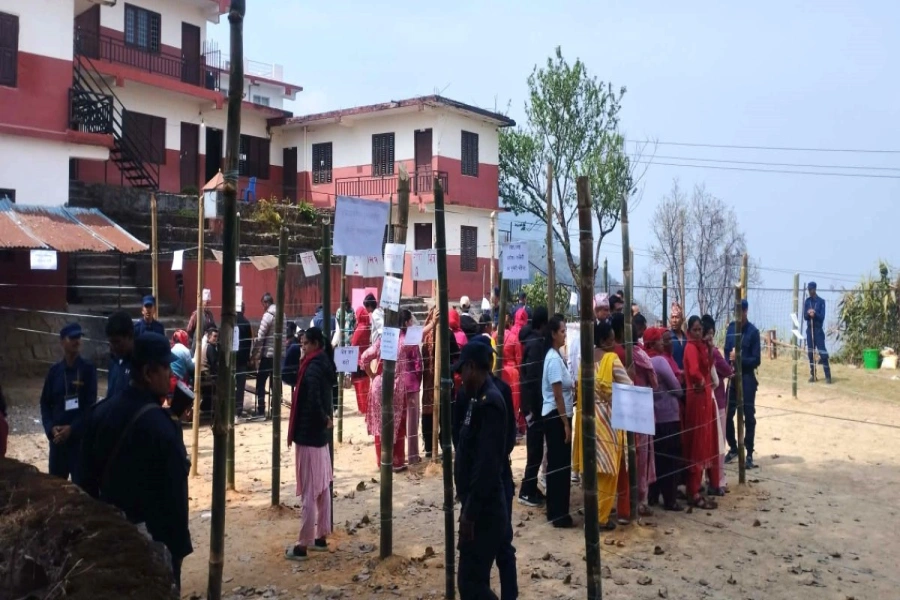Recent revelations of embezzlement at our iconic heritage sites have shaken the trust in one of the country’s most vital sectors—tourism. In a probe initiated in June and July, a shocking case of fraud involving 37 police officials, 377 tour guides and drivers, and five counter officials has come to light. These individuals, entrusted with protecting and promoting Bhutan’s cultural treasures, have been found guilty of siphoning monument fees at renowned locations such as Paro Taktshang and Punakha Dzong. The incident has been forwarded to the Anti-Corruption Commission (ACC), but the damage inflicted on the tourism sector demands more than a mere investigation—it requires decisive action.
The embezzlement of over Nu 4 million since September 2022 by this network of individuals is not just a criminal act; it is a breach of national trust and pride. Thirty-three police from Paro, who have already been terminated without benefits, were found guilty of bribery and misappropriation of entry fees. While this action is a step in the right direction, the question remains: How did such a large-scale operation escape oversight for so long? The involvement of 377 tour guides and drivers, as well as several counter officials, suggests a systemic failure in the monitoring and regulation of monument fee collection at our most visited sites.
For a country that prides itself on its cultural and natural heritage, such acts of fraud severely tarnish Bhutan’s image. Our tourism sector, already fragile due to the global pandemic and other challenges, cannot afford such blows to its reputation. The “high-value, low-volume” tourism policy, which emphasises the unique and exclusive nature of the Bhutanese experience, relies on the integrity of those who operate within the sector. When those in positions of trust exploit their roles for personal gain, it jeopardises not only our financial resources but also our standing as a nation committed to transparency and ethical governance.
Police chase away Rajendra Mahato for trying to breach prohibit...

Moreover, this scandal comes at a critical juncture when Bhutan is actively working to reinvigorate its tourism industry. As we seek to attract more tourists under the new tourism policies, such egregious acts of corruption act as a deterrent. Who would want to visit a country where even the sacred experience of visiting its heritage sites is tainted by greed? This incident is a stark reminder that unless corruption is eradicated from the core of our systems, our long-term goals of tourism expansion and economic growth will remain unattainable.
We must commend the efforts of the ACC and other authorities for bringing this case to light. But now, more than ever, we need to see sustained reforms to prevent such incidents from occurring again. Stricter surveillance measures, better accountability mechanisms, and a transparent system for managing and auditing monument fees must be swiftly put in place.
Bhutan has long been admired for its commitment to Gross National Happiness, a philosophy that prioritises the well-being and integrity of its people over mere material wealth. Yet, incidents like these expose the vulnerabilities that exist in our systems. For the sake of our nation’s future, we must address these weaknesses head-on, ensuring that the actions of a few do not undermine the progress and reputation of the whole country.
In the end, it is not just the money lost that we should be concerned about, but the trust that has been broken. This breach of trust must be mended with swift, firm, and transparent action. Our heritage, our economy, and our nation’s credibility depend on it.
Source: Kuensel Online






































